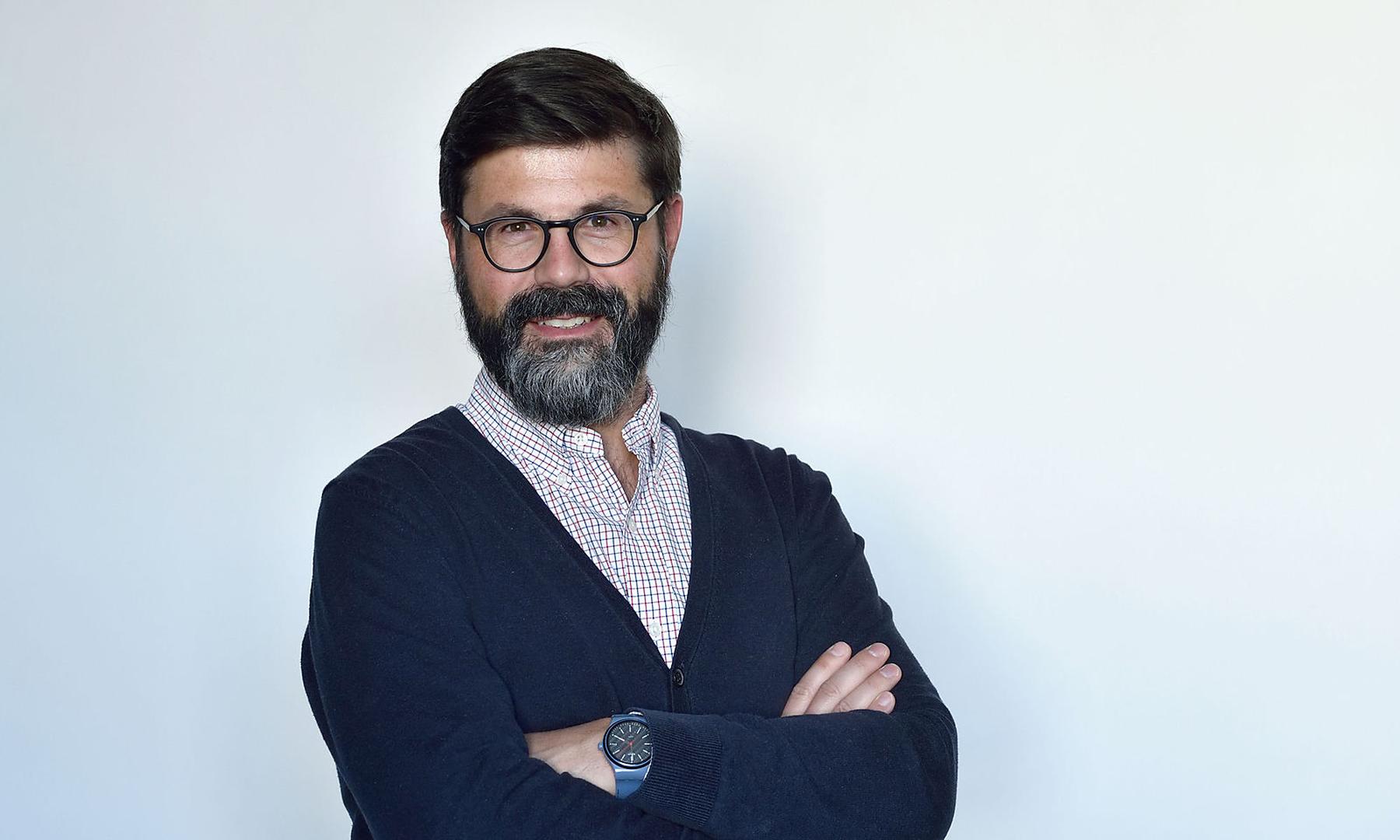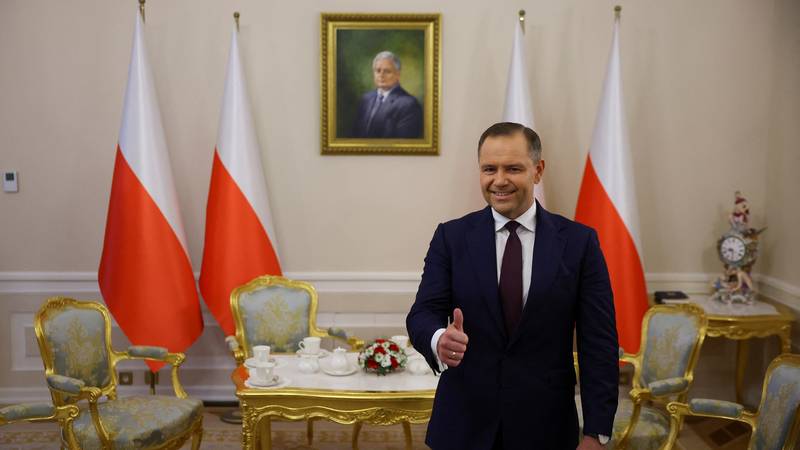Trump wants to make tanks not T -shirts

US President Donald Trump has said his customs policy is aimed at promoting home -made tanks and technology products, but not sneakers and t -shirts, Reuters reports.
| « We do not strive for the production of sneakers and T -shirts. We want to do military equipment. Large things. We want to do artificial intelligence products, » Trump said. |
Trump threatened the EU with 50% duties after just one week
« I don’t intend to make T -shirts to be honest. Neither socks. We can do these products elsewhere. We will produce chips, computers and many other things, as well as tanks, » Trump said.
The American Clothing and Shoe Association commented that duties are not good for the industry.
« With 97% of the clothes and shoes we wear and are imported, as well as the fact that shoes and clothes are the most common goods in the United States, we need to focus on larger solutions with a significant effect, » said President of the Association Stev Lamar.
“More duties will mean higher costs for US manufacturers and higher prices that will harm consumers with lower income.
| Trump, who shook the global financial markets with the imposition of broad duties, renewed his offensive trade rhetoric on Friday when he announced 50% duties on EU goods Since June 1st. Trump has warned that Apple can impose a duty of 25% on all the import of the iPhone phone purchased by US users. |
The European Commission to Trump for duties: We want respect, not threats
On Sunday, Trump softened his threat to the EU by extending the deadline for the introduction of these duties until July 9 to allow negotiations between Washington and the 27-member block.
Trump won the US presidential election in 2016 and 2024, partly thanks to the support of working Americans who have been injured in job losses in the country over the years.
Trump seeks to fulfill his promises of reviving production through duties on imports by calling on foreign companies to invest in the United States. However, the US economy remains dependent on supply chains with other countries where many goods, including textiles, are cheaper.








